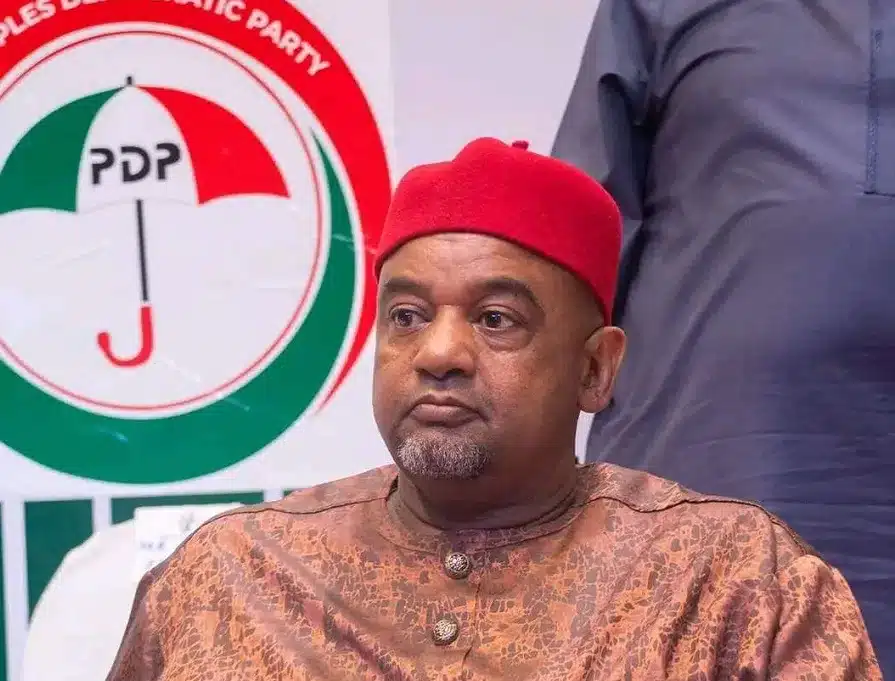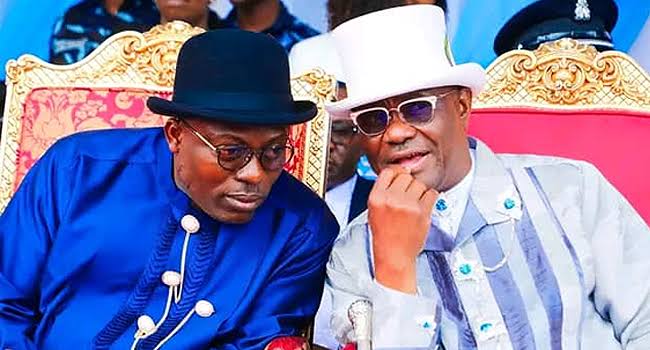Recently, the federal government launched a new curriculum for basic education to address the urgent need for an education system aligned with the realities of a rapidly changing global landscape.
The Universal Basic Education (UBE) program involves six years of primary education and three years of junior secondary education, totaling nine years of uninterrupted schooling. Progression from one class to another is automatic, based on continuous assessment.
The federal government announced that the new curriculum aims to equip students with practical skills essential for today’s economy.
The former Minister of Education, Prof. Tahir Mamman, while unveiling the initiative at the 68th National Council on Education (NEC) meeting in Abuja, emphasised that students would not only acquire knowledge but also develop competencies aligned with contemporary economic demands.
The new curriculum, expected to launch in January next year across all schools in the federation, includes teaching skills in POP, GSM repairs, digital literacy, and robotics from the primary school level, a step aimed at reducing learning poverty.
As a newspaper, we acknowledge that, as the country grapples with economic challenges and a youth population eager for opportunity, this curriculum promises to equip students not only with academic knowledge but also with practical skills essential for today’s workforce.
Sadly, the state of education in Nigeria has been a longstanding concern.
We recall that the World Economic Forum (WEF) ranked Nigeria’s quality of primary education 120th and its quality of tertiary education 117th out of 137 countries in the 2017-2018 report.
For a nation where the youth population is one of its greatest strengths, education becomes even more critical, as it is essential for national growth and development.
Regrettably, the educational sector in Nigeria faces numerous challenges, ranging from inadequate funding and infrastructure to low-quality teaching, insufficient teacher training, policy non-implementation, corruption, and a widening education gap between urban and rural areas.
At the primary level, Nigeria has an estimated 81,520 public primary schools and 23,550 public secondary schools nationwide.
According to the 2022-2023 Universal Basic Education Commission (UBEC) National Personnel Audit report, there is a shortage of 194,876 teachers in public primary schools. The report shows that only 499,202 of the 694,078 teachers needed at the primary level are available.
Although many teachers are retiring, young, qualified individuals are not drawn to the teaching profession due to poor working conditions.These challenges have had both past and present consequences on the nation.
In our opinion, poor funding is a significant cause of inadequate infrastructure, insufficient teacher training, and low-quality teaching, all interconnected by corruption and a lack of financial accountability.
Echoing the words of the former minister, Prof. Mamman, today’s world is changing rapidly, and our education system must evolve to keep pace. Many of our current curricula risk obsolescence as industries undergo technological transformations.
In our view, a well-designed and effective curriculum is essential for sustainable development and quality education. Therefore, we must prioritise curriculum development within our educational reform agenda.
The importance of aligning educational structures with societal needs is undeniable; it is essential to infuse new and relevant ideas into our education system to drive national development.
As the new curriculum is implemented, we are hopeful that the initiative will not only bridge the skills gap but also empower students to navigate the complexities of the modern economy.
Given that education is on the concurrent list, it is imperative that our three tiers of government commit to improving technical teacher training with 21st-century tools, as this is crucial for future skills and entrepreneurship development in the nation.
The future of education depends not only on modern infrastructure or curricula but also on the educators. It is vital to equip teachers with the necessary expertise, tools, and resources to drive innovation, entrepreneurship, and socio-economic growth.
The focus on practical skills may pave the way for a more resilient, innovative, and productive generation, ready to face the challenges of the 21st century.

 2 hours ago
30
2 hours ago
30









![Many injured as bus falls inside collapsed bridge in Ogbomoso [PHOTOS]](https://dailypost.ng/wp-content/uploads/2024/10/IMG-20241026-WA0026-768x432-1.jpg)





 English (US) ·
English (US) ·